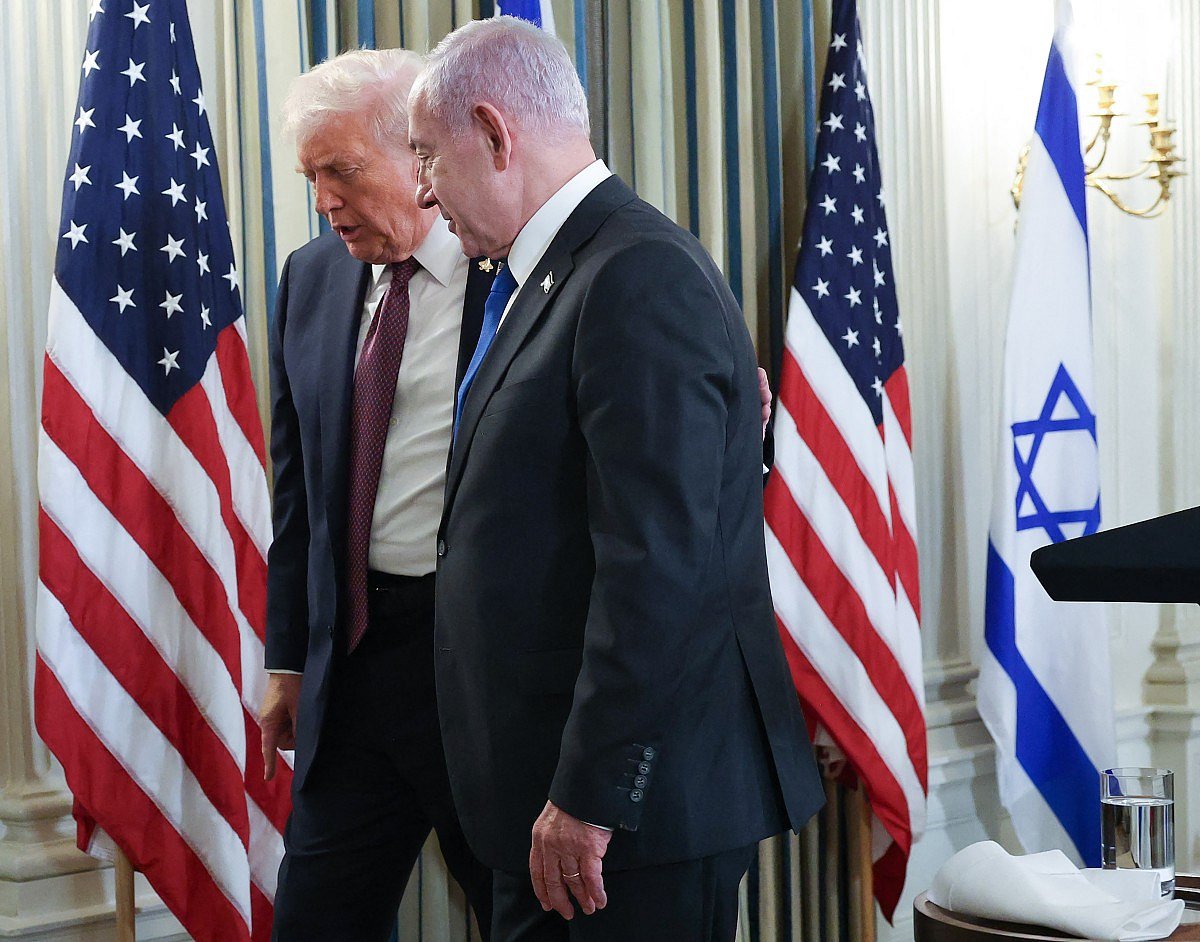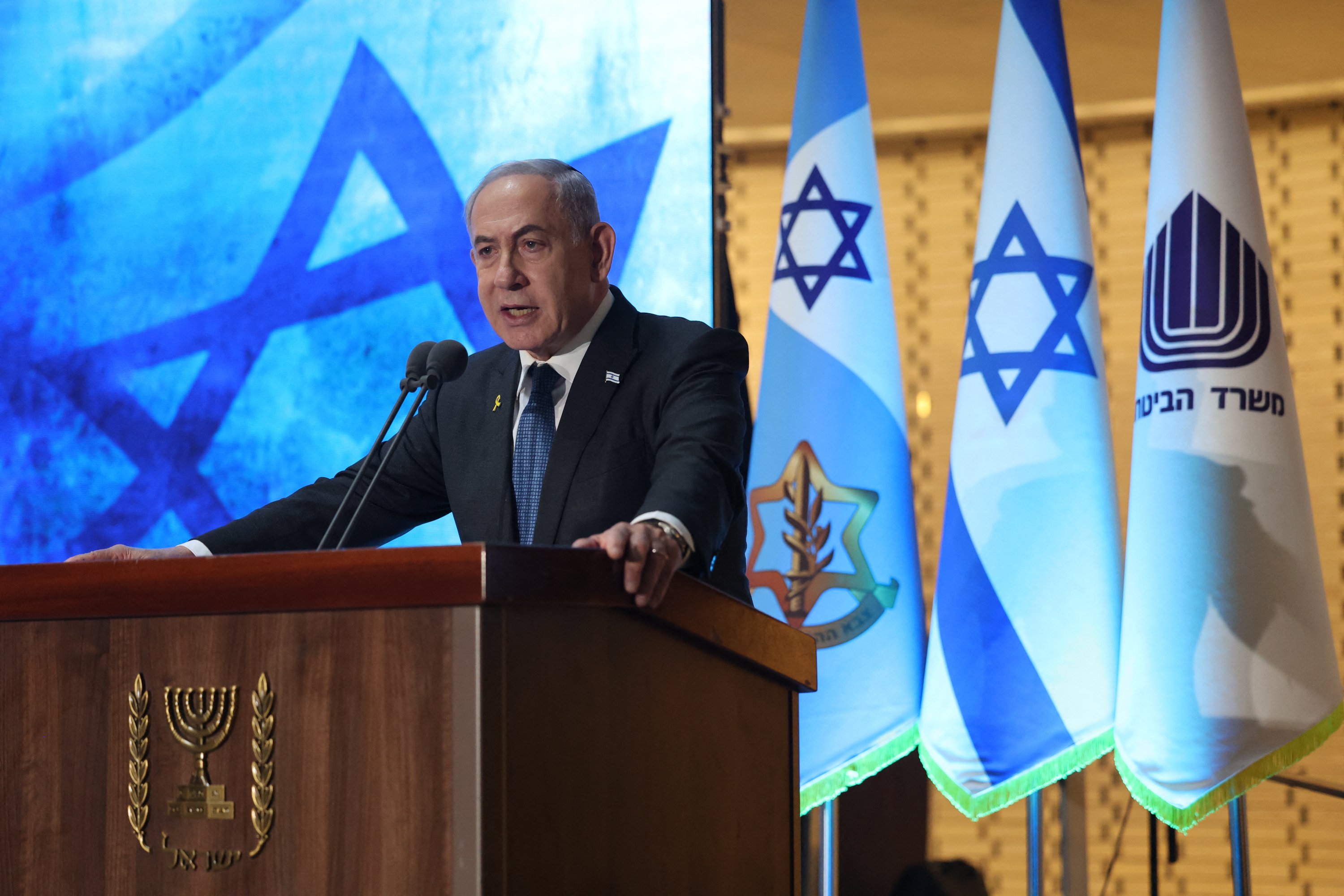President Donald Trump has issued an executive order pledging to defend Qatar in the event of an external attack, further deepening security ties in the wake of Israel's controversial airstrike on the Gulf state last month.
The executive order, signed on September 29, says the United States will regard any armed attack on Qatar’s territory, sovereignty, or critical infrastructure as a threat to its own peace and security. It pledges that Washington will take "all lawful and appropriate measures" in defence of Qatar, including military action if necessary.
The immediate trigger behind the move seems to be the unprecedented Israeli airstrike on Doha in early September, targeting Hamas leaders in the Qatari capital who were discussing a US-brokered peace deal for Gaza. The audacious attack shocked Qatar and sparked outrage across the Gulf, and US allies started openly questioning the value of Washington’s security guarantees. Qatar, which hosts the Al Udeid Air Base — the largest American military facility in the Middle East — has long relied on Washington for its defence. Trump’s latest move aims to reassure Qatar and other Gulf states and reaffirm the US role as the region’s key security guarantor. The order authorises the Secretary of War to launch joint contingency planning with Qatar in case of future threats.
Moreover, in June, Iranian missiles struck near the Al Udeid base, in retaliation for US operations against Tehran’s nuclear programme. Such attacks have forced countries like Saudi Arabia to explore additional defence partnerships. Riyadh recently signed a mutual defence agreement with Pakistan that includes nuclear deterrence components.
Qatar welcomed the move, describing it as a vital step in strengthening the defence partnership between the two nations. A statement from Doha emphasised the importance of working with the US and international partners to promote regional peace through diplomatic means.
The executive order followed a phone call between Trump and Qatar’s Amir Sheikh Tamim bin Hamad al-Thani. While the White House has not disclosed details of the call, Qatari officials confirmed the two leaders discussed ongoing efforts to broker a ceasefire in Gaza. Trump also arranged for Israeli Prime Minister Benjamin Netanyahu, who was visiting Washington at the time, to express regret over the airstrike in a direct call with Qatari leaders.
Though the order has been widely welcomed in Qatar, questions remain about its legal force. US treaties normally require Senate approval, but presidents have often bypassed Congress in international matters.
Qatar’s strategic value to the US has grown considerably in recent years. In 2022, the Biden administration designated the country a major non-NATO ally, in part due to its role in facilitating the American withdrawal from Afghanistan. Doha has also cultivated close ties with Trump personally, supporting business ventures and recently donating a Boeing 747 aircraft which Trump has proposed as a replacement for Air Force One.
In the days leading up to the executive order, reports surfaced that Qatar had offered to persuade Hamas to accept a demilitarisation deal based on Trump’s 20-point peace plan for Gaza. This offer has been viewed in Washington as a potential breakthrough and may have helped secure the new security commitment.
[SRC] https://www.theweek.in/news/middle-east/2025/10/02/how-trump-s-move-solidifies-the-us-qatar-security-partnership.html
 Visit the website
Visit the website






